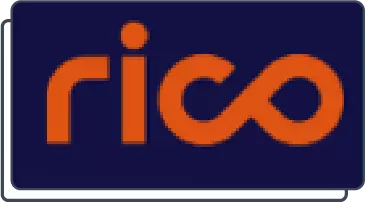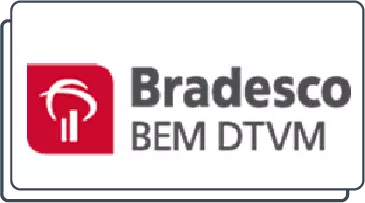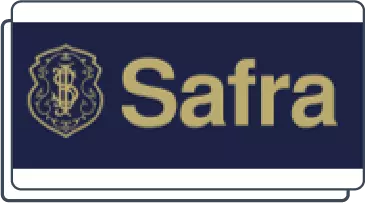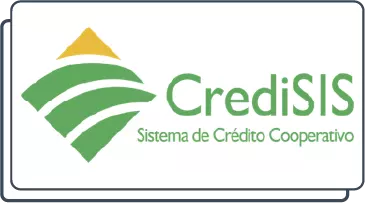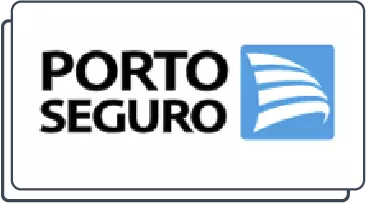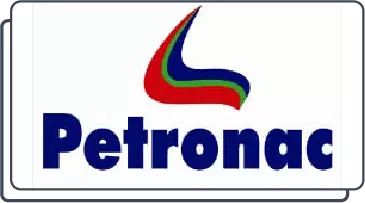Auditing in Brazil arose from the need for regulations to ensure the efficiency of the entire data analysis process.
From the colonial period, with remnants of the activity, until a little more than the second half of the 20th century, there was not only evolution, but also the valorisation of the segment through the enactment of laws.
The country is currently going through a transition that promises to be permanent, where technology is an ally of auditing firms and audited companies, with the aim of optimising processes and increasing efficiency.
In this article on how auditing came about in Brazil, we will detail this historical context.
COLONIAL PERIOD TO THE 20TH CENTURY
In the colonial period, there were, so to speak, two outlines of auditing. The first was determined by the Portuguese crown and assigned to the judge the task of checking the collection of the treasury.
The second relates to the auditing of public finances, and the first opinion related to independent auditing is issued by a company.
However, the first patent evidence of the activity in Brazil was seen in Decree Law No. 2935 of 16 June 1862.
Brazilian auditing came to prominence at the beginning of the 20th century with the presence of accounting professionals and foreign companies from 1911 onwards. This culminated in the publication of the first article on the subject in 1928 and the publication of the book "Curso de Auditoria" in 1957.
As far as legislation is concerned, from 1940 to 1972 there were enactments that consolidated auditing in Brazil.
CONSOLIDATION OF AUDITING IN BRAZIL
Auditing became important in Brazil in the 70s. It is divided into three phases.
The first lasted until 1946 with Decree-Law 9.295. Auditing only existed for foreign companies. The law regulated the accounting profession in Brazil, giving it exclusivity to carry out auditing and forensic work.
The second phase was from 1964 to 1967 with Decree-Laws 199 and 200, which made it compulsory to audit the accounts of public administrators.
And finally, the third phase took place after 1967, bringing various measures of protection and specialisation in auditing to accountants.
These phases culminated in Law 6.404 of 1976, which consolidated auditing in Brazil.
In 2009, the Federal Accounting Council (CFC) approved Resolution 1156/2009, which states that the Brazilian Accounting Standards should follow the international standards issued by the International Accounting Standards Board (IASB).
CURRENT CHALLENGES FOR AUDITING IN BRAZIL
With the Covid 19 pandemic, the process of modernisation and digitalisation has intensified. Whether in auditing companies and audited companies. A process that promises to stabilise after the pandemic period.
The main challenge for the sector in Brazil today, in addition to expanding these services to better optimise processes, given that digital technology and data analysis are increasingly at the heart of the auditing process, is that companies are demanding a wider range of skills. Skills correspond to more refined knowledge of technology, with the addition of knowledge of science, technology, engineering and maths on the part of professionals, for technological mastery and efficiency in auditing.

